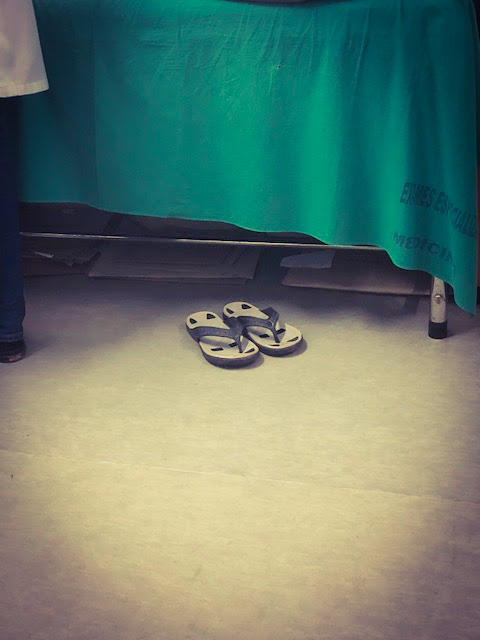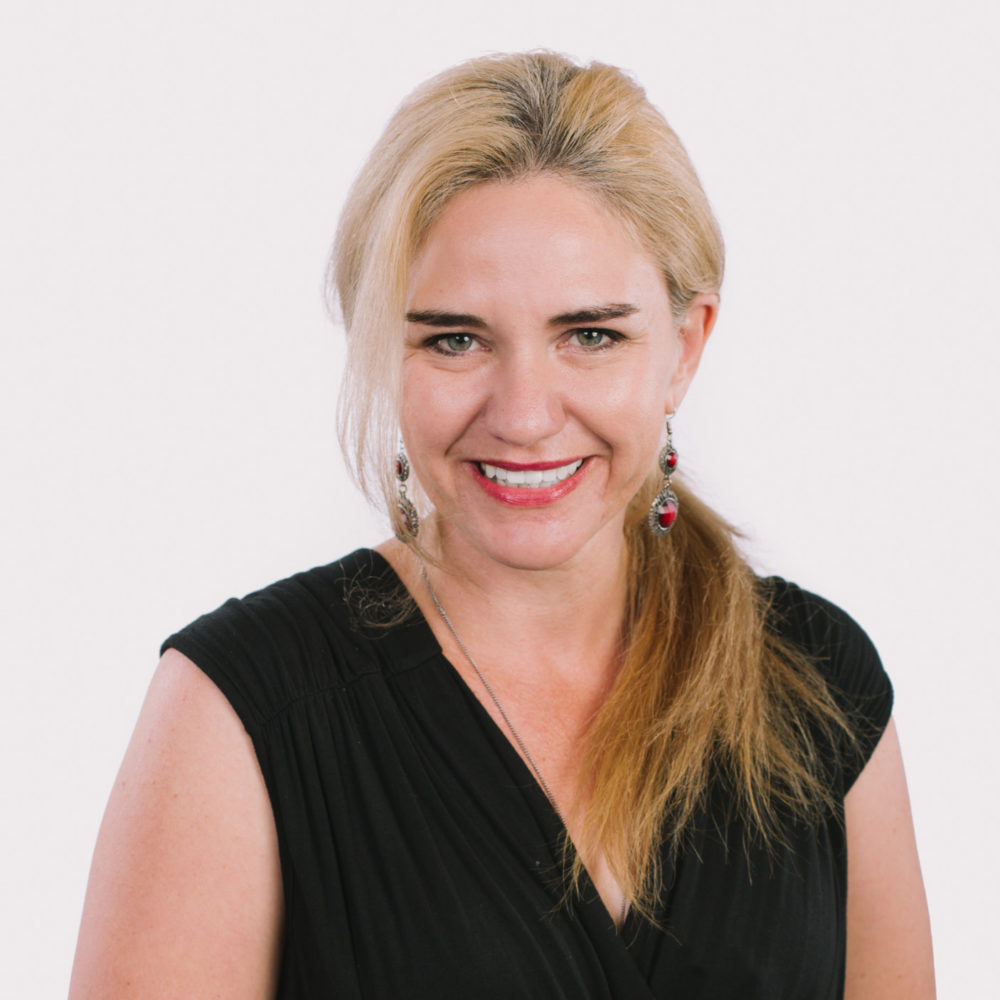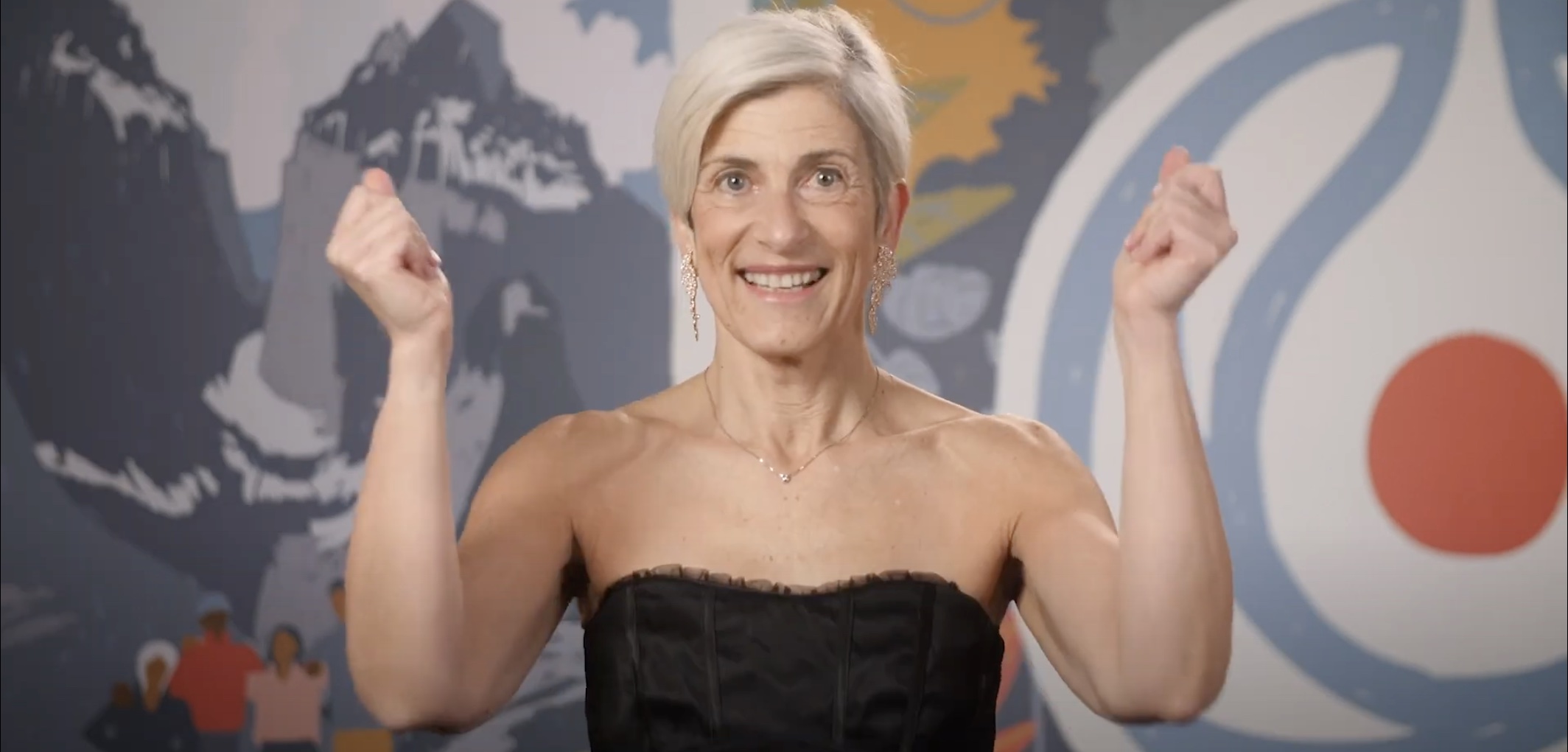Patients at the center of our collective effort
Dr. Ong Tee Chuan, Hematologist at Hospital Ampang, Malaysia, break down what access to treatment means for the patients he treats.
We enter the room of white coats. Cheerful banter and smiles are all around and it’s easy to overlook the frail man in the corner. His name is Constantine. He is from Inhambane, an area approximately 400km from Maputo, the capital of Mozambique.
The distance itself is not so far but the journey is long – 8 hours by public buses and transport. Constantine is a security guard and a father of seven. He has not been feeling well for months now and has symptoms similar to malaria and bilharzia. Unsuccessful treatments at a clinic in his hometown have seen him referred to specialist physicians in the capital city. Presenting with a protruding spleen and increased white blood cell counts, he was finally confirmed to have the Philadelphia chromosome following a bone marrow biopsy. Constantine, like so many others around the world, has a rare form of leukemia called CML (chronic myeloid leukemia).
He has made the ward his temporary home and shares the space with four other patients. He does not get many visitors as the trip to Maputo is expensive and simply unaffordable for his family. Life outside the hospital goes on with news filtering in from his wife, children, and grandchildren. He will only be discharged once his white blood cell count comes down and his spleen has returned to normal size. Constantine is now one of 70 leukemia patients seen at the Maputo General Hospital.

For many people facing cancer, the “last mile” in treatment access is a long, expensive, and recurring journey. But in Constantine’s case, even this journey may not be enough. Many low- and lower-middle income countries are celebrating access to second- and third-line treatments through Max Access Solutions, but Mozambique and at least 10 other countries still lack access to any effective medications. I look at the empty shoes next to Constantine’s bed and wonder how far they’ve already carried him to seek help. I can only hope they’ll be able to make the long journey back to Maputo over and over again, and that one day soon, there will be effective medication waiting for him when he gets there.
At The Max Foundation, we work to bridge gaps in cancer treatment access with Max Access Solutions: our comprehensive patient-centered model for drug donation. Thanks to the generosity of our pharmaceutical partners, the drugs themselves are made available at no cost, but an enormous amount of work is still required to bridge the “last mile” and make them accessible to people in need.
Those “last mile” efforts take many forms. For the patients we support, it’s often a recurring journey to and from a clinic or hospital. For our partners and team members, the “last mile” takes place in customs offices and at ministries of health, on bus-rides to laboratories and site visits to remote clinics. Most importantly, our “last mile” efforts take the form of patient support; working to educate local communities, provide close emotional support, and reduce the stigma surrounding cancer.
With help from supporters like you, we can continue to grow these “last mile” efforts and bridge the gaps in treatment access for people in Africa and beyond. Together, we can realize a world where everyone can face cancer with dignity and hope.

Cathy Scheepers is a Lead Program Officer for the Africa Region and is based in South Africa.

Last month, we hosted our 2021 Maximize Life Gala – a worldwide party to bridge the gap in diagnostics and cancer care. Although we couldn’t be together in person, our hearts were still touched by the many friends who gathered online to celebrate. Thank you to all the guests who tuned in from around the….